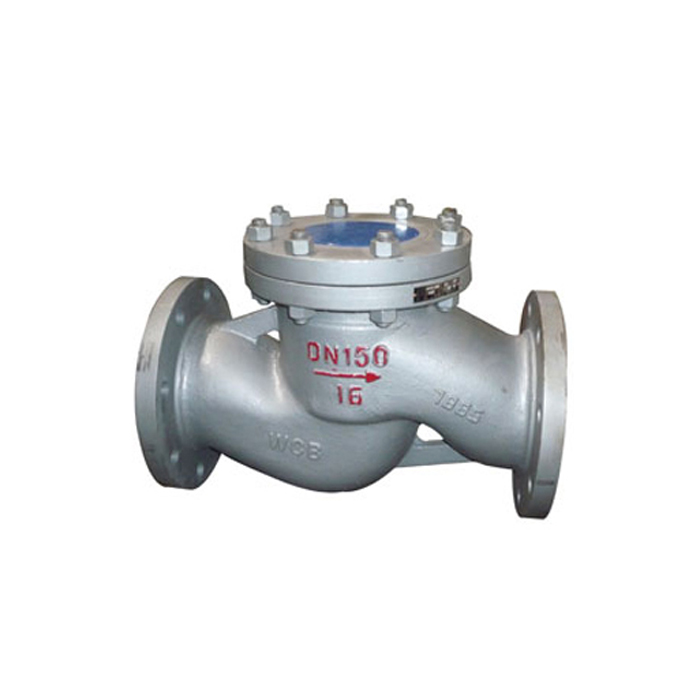all welded ball valve
The Advantages of All-Welded Ball Valves
All-welded ball valves have become a prominent choice in various industrial applications due to their robust design and unparalleled performance. These valves are characterized by their all-welded construction, which ensures a tight seal and reduced risk of leaks, making them ideal for high-pressure and high-temperature environments. In this article, we will explore the key benefits and applications of all-welded ball valves.
Enhanced Durability
One of the primary advantages of all-welded ball valves is their durability. The welded construction eliminates the potential for mechanical failure often seen in traditional flanged valves. By replacing gaskets and bolted connections with welded joints, all-welded ball valves can withstand extreme conditions and resist corrosion, contributing to a longer service life. This reliability is crucial in industries such as oil and gas, chemical processing, and water treatment, where unplanned downtime can lead to significant financial losses.
Leak Prevention
The all-welded design significantly reduces the chances of leaks, which is a critical consideration in any application involving fluids or gases. The lack of flanges or gaskets minimizes the risk of failure points, ensuring a leak-tight seal. This quality not only enhances operational safety but also complies with environmental regulations, as it helps prevent hazardous materials from escaping into the atmosphere.
all welded ball valve

Versatile Applications
All-welded ball valves are versatile and can be used in a wide range of applications. They are commonly employed in pipeline systems, where they facilitate the efficient control of flow. Their design also allows for easy installation in compact spaces, making them suitable for both above-ground and underground installations. Additionally, their capability to handle various media, from corrosive chemicals to high-pressure gases, makes them a preferred choice in numerous industries.
Cost-Effectiveness
Though all-welded ball valves may have a higher initial cost compared to conventional valves, their longevity and reduced maintenance needs contribute to lower life cycle costs. The elimination of routine maintenance associated with sealing components, such as gaskets and rings, means fewer interruptions and lower operational costs. Over time, the investment in all-welded ball valves can lead to significant savings for businesses.
Conclusion
In summary, all-welded ball valves provide a multitude of benefits that enhance performance and reliability in industrial applications. Their durability, leak prevention capabilities, versatility, and cost-effectiveness make them a valuable asset in various sectors. As industries continue to seek solutions that improve efficiency and safety, all-welded ball valves will remain a top choice for engineers and operators alike.
-
The Key to Fluid Control: Exploring the Advantages of Ball Valves in Industrial SystemsNewsJul.09,2025
-
The Versatile World of 1, 2, and 3 Piece Ball ValvesNewsJul.09,2025
-
Stainless Steel Ball Valves: The Ideal Choice for Efficient Flow ControlNewsJul.09,2025
-
Optimizing Fluid Control with Ball Float ValvesNewsJul.09,2025
-
Manual Gate Valves: Essential for Control and EfficiencyNewsJul.09,2025
-
Everything You Need to Know About Butterfly ValvesNewsJul.09,2025
-
The Versatility of Wafer Type Butterfly ValvesNewsJul.08,2025




